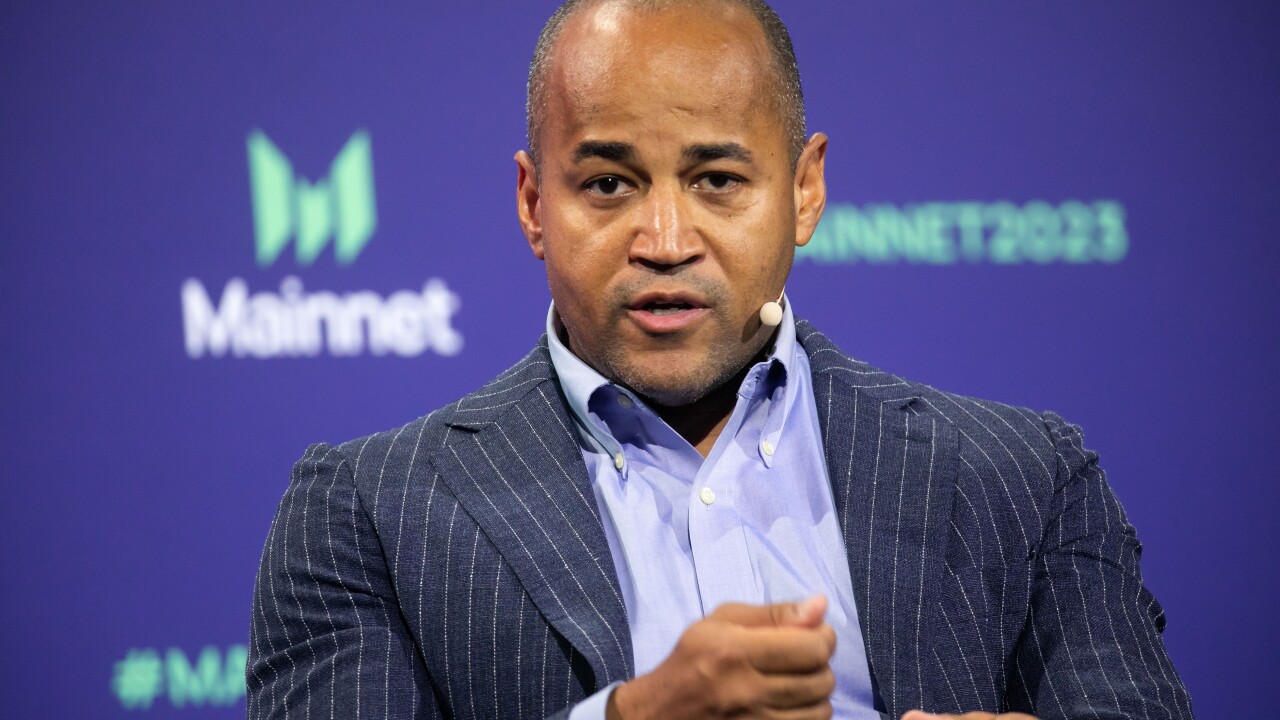WASHINGTON – Credit unions and banks turned their focus to the courts this afternoon after the Senate narrowly voted down a proposal that would have delayed cuts in debit fees being enacted by the Federal Reserve.
The delay vote was close, with supporters attracting a majority of Senate votes but falling short of the 60 needed to overcome a filibuster by Illinois Democrat Richard Durbin, the main sponsor of the debit rule. The vote was 54 to 45.
The only hope remaining that credit unions and banks can avoid billions of dollars in cuts to their debit revenue remains with the federal courts, where they are supporting a suit by Minnesota’s TCF (Twin Cities Financial) Bank to force the Fed to halt its rule making.
Now that Congress has spoken the Fed is expected to enact a final rule any day that will direct billions of dollars of cuts in debit fees, that are required under last year’s Wall Street reform bill. The bill requires that the cuts be implemented by July 21.
During today’s Senate debate Durbin insisted the battle over debit fees is a fight pitting Main Street merchants against Wall Streets banks–which earn the vast majority of the estimated $20 billion a year paid in debit fees. In fact, Durbin said just three banks–JP Morgan Chase, Wells Fargo and Bank of America–earn half of all debit fees. He said the largest banks were "fighting viciously" to block the Fed rule because they have the most to lose.
A Republican colleague, Michael Enzi of Wyoming, agreed, saying as a small retailer in his home state he was never able to negotiate debit fees with banks and now it is time the banks are compelled to sit down and talk with the millions of merchants who accept their debit cards. “Banks and credit unions must come to the table with merchants to come to some middle ground,” said Enzi.
But Montana Democrat Jon Tester denied the Wall Street versus Main Street battle, saying small rural lenders, like credit unions and community banks will lose significant income, even though they are specifically exempt from the debit cuts under the Durbin amendment. Tester said credit unions and banks will be forced to lower their fees in order to have their cards compete with the lowing-charging debit cards issued by the big banks.
“The Main Street banks and the credit unions – the small guys who had nothing to do with the financial crisis – can’t survive on a 75% cut in that revenue,” said Tester. “These are the banks in Montana. These are the folks I want to make sure have a fair shake.”
Tennessee Republican Corker, who co-sponsored the delay effort with Tester, said the Durbin amendment represented an effort to “punish” the Wall Street banks for their actions related to the financial crisis. Corker noted even if the regulators change the parameters of the debit fee cuts the supporters will still get what they want–a regulated debit card market. He urged his colleagues to vote for a one-year delay in designing a new rule and an unlimited time period afterward for implementing it.
North Carolina Democrat Kay Hagan supported the delay because she said it will give regulators time to develop a more effective exemption for the smaller institutions, those under the $10 billion threshold in the Durbin amendment.
At the center of the debate is the Fed’s proposal, issued in December for public comment, to cut rates on debit fees to as little as 12 cents per transaction, from the current 44 cents average. While credit unions and banks insist the Fed’s proposal would be below their costs, none has disclosed their costs publicly. But a recent study by NCUA shows that it costs credit unions over $1 billion in assets an average of just two cents per debit transaction for which they earn 45 cents. The NCUA study also shows big profit margins for credit unions all the way down to $50 million in assets.





